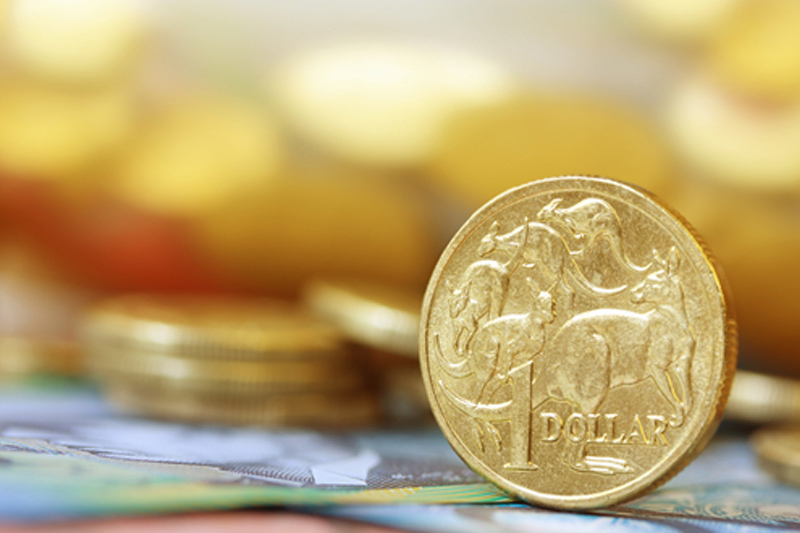Investing.com - The Australian dollar rebounded Tuesday on a stronger than expected business survey from National Australia Bank, while investors also gave the euro a bit of cheer as the dust settles from the deal on Greece's bailout.
AUD/USD traded at 0.7417, up 0.15%, while EUR/USD changed hands at 1.1000, up 0.02%. USD/JPY traded at 123.55, up 0.08%.
The U.S. dollar index, which measures the greenback’s strength against a trade-weighted basket of six major currencies, rose 0.09% to 97.02.
In Australia, the NAB's June Business Confidence and Business Conditions survey showed confidence at +10 in June from +8 in May, and conditions at +11 from +6 in May.
The readings shows Business confidence at the highest since September 2013, reflecting the effects of interest-rate cuts, a lower exchange rate, improvement in conditions and a well-received federal budget, and Business conditions at the highest since October and above the long-run average of +5 as services sector gains were noted.
"Our forecasts suggest no more cuts from the RBA. While recent global
turmoil (especially in China's equity markets) present some downside risk the strength of local data suggests upside risks. Hence, we still see the next move in rates as up - but not until late 2016 (with a terminal cash rate around 3.5%)," NAB chief economist Alan Oster said.
Overnight, the dollar strengthened against the other major currencies on Monday as markets reacted to news that euro zone leaders reached an agreement on a new bailout for Greece.
Euro zone leaders reached a unanimous agreement on a third bailout deal for Greece earlier Monday, following marathon weekend-long talks.
The Greek parliament must now pass new legislation by Wednesday to raise sales taxes, cut pension payments and enforce automatic spending cuts if the next budget misses its targets before negotiations on a third bailout program can begin.
Parliaments in several euro zone countries will also have to approve any new bailout.
The dollar was boosted as the threat of a Greek exit from the euro zone dissipated, removing a potential obstacle from Federal Reserve plans to tighten monetary policy.
Fed Chair Janet Yellen said last Friday that the central bank was on track to raise interest rates at some point this year.
Investors were looking ahead to her testimony on the semiannual monetary policy report later in the week for any further indications on the timing of an initial rate hike.
